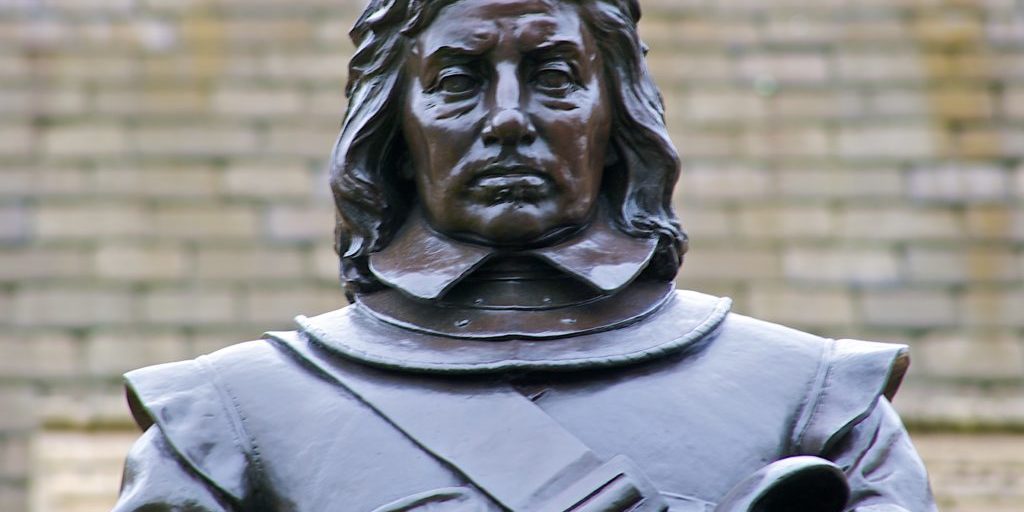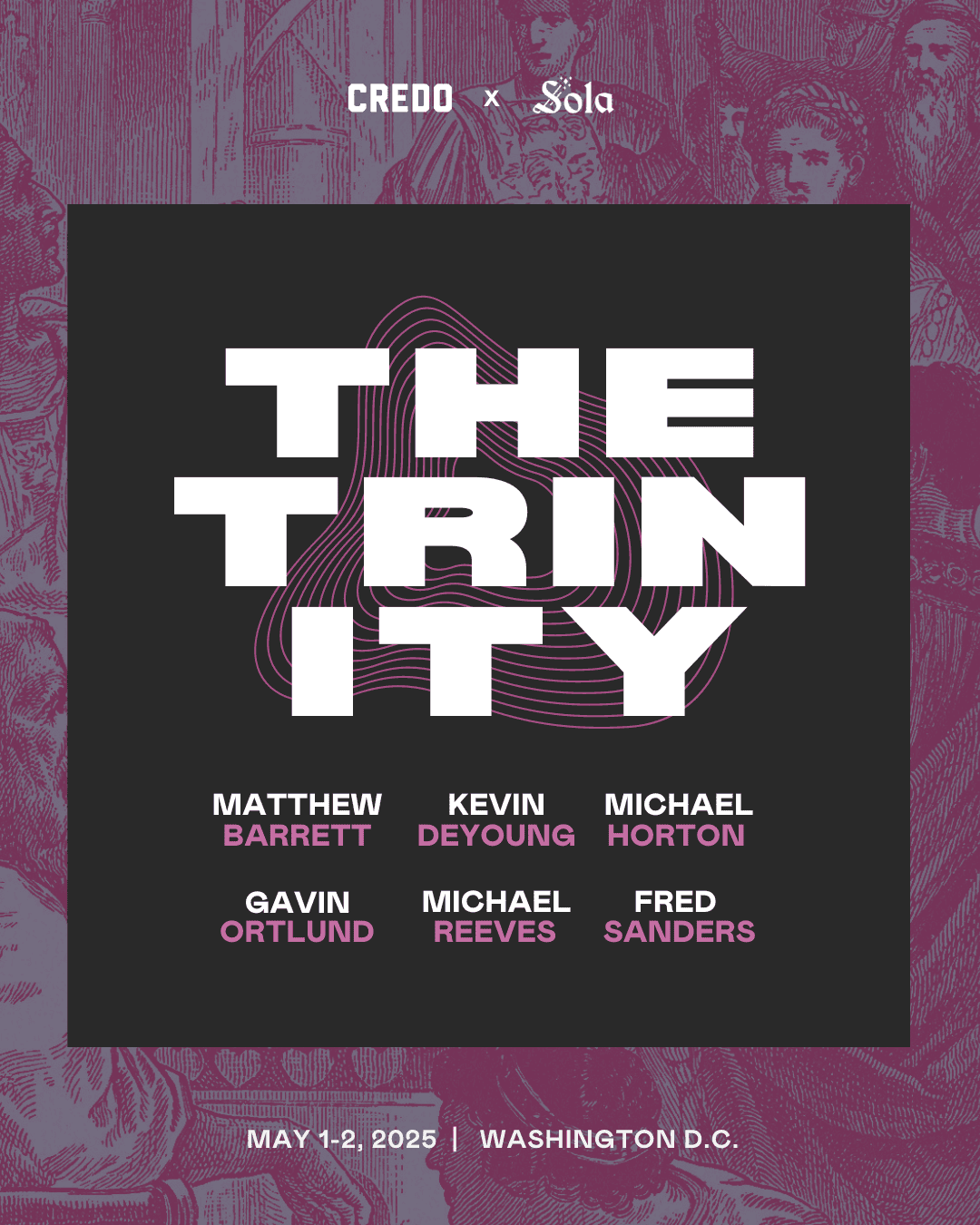
Religious Freedom: The Puritans and Oliver Cromwell
By Michael A.G. Haykin –
In his recent study of the invasion of the Soviet Union by Nazi Germany in June of 1941, American historian John Lukacs notes that one of the most important reasons for remembering the past is the correction of misreadings of the historical record, since, as he says, “the pursuit of truth is often a struggle through a jungle of sentiments and twisted statements of “facts”.” How true this is when it comes to the subject at hand, the history of religious freedom. It is often argued that religious freedom as a concept owes its origins to the eighteenth-century Enlightenment and its rejection of the religious dogmatism of the both Roman Catholicism and Protestantism. In point of fact, in the English-speaking world, it is the previous century that is critical in the development of the idea of religious toleration. And it is in the matrix of certain circles of seventeenth-century English Puritanism, where, far from being the Taliban-like regime of popular imagination, the idea that religious coercion by the state is fundamentally wrong was birthed.
Take, for instance, the Puritan military leader Oliver Cromwell (1599–1658), a man whose name is still regarded with great abhorrence in certain parts of the British Isles and who is frequently, though wrongly, considered to have been a tyrant when he ruled England in the 1650s. During the civil wars that engulfed the British archipelago between 1642 and 1651, Cromwell played a key role as a general fighting for the Puritan cause against the royal house of Stuart. As he reflected on the cause of these wars, he came to the conviction that one of the main reasons that he and many others had taken up the sword against their king was to secure genuine religious liberty.
Scholars differ as to the exact parameters of Cromwell’s policy of religious toleration and all of the motives that guided him in this regard. Yet, there is no gainsaying the plain fact that Cromwell had a burning desire for an atmosphere of genuine religious toleration that was far in advance of what most in the Europe of his day were willing to sanction. As he told Parliament in 1654:
“Is not Liberty of Conscience in religion a fundamental? So long as there is liberty of conscience for the supreme magistrate to exercise his conscience in erecting what form of church-government he is satisfied he should set up, why should not he give it to others? Liberty of conscience is a natural right… All the money of this nation would not have tempted men to fight upon such an account as they have engaged, if they had not had hopes of liberty, better than they had from Episcopacy, or than would have been afforded them from a Scottish Presbytery, or an English either…”
The one place that Cromwell drew the line with regard to religious liberty was where that liberty threatened the maintenance of public law and order.
Probably the most amazing statement by Cromwell in favour of such toleration is a remark that he made in 1652. He forthrightly declared that “he had rather that Mahometanism were permitted amongst us than that one of God’s children should be persecuted.” Central to this declaration is the conviction that if unity between the various groups of Christians is not immediately possible, then a second best is liberty of conscience. This statement also reveals, as English historian Geoffrey F. Nuttall has noted, a sturdy faith in the might of the Holy Spirit to lead Christian men and women of differing views into unity. As John Owen (1616-1683), one of Cromwell’s army chaplains, stated shortly after Cromwell’s death—in a statement that well sums up Cromwell’s view of religious liberty:
“The Spirit of Christ is in himself too free, great and generous a Spirit, to suffer himself to be used by any human arm, to whip men into belief; he drives not, but gently leads into all truth, and persuades men to dwell in the tents of like precious Faith; which would lose of its preciousness and value, if that sparkle of freeness shone not in it.”
Michael A. G. Haykin is Professor of Church History and Biblical Spirituality at The Southern Baptist Theological Seminary. He has authored numerous books including: The Spirit of God: The Exegesis of 1 and 2 Corinthians in the Pneumatomachian Controversy of the Fourth Century (E. J. Brill, 1994); One Heart and One Soul: John Sutcliff of Olney, His Friends, and His Times (Evangelical Press, 1994); Kiffin, Knollys and Keach: Rediscovering Our English Baptist Heritage (Reformation Today Trust, 1996); ‘At the Pure Fountain of Thy Word’: Andrew Fuller as an Apologist (Paternoster Press, 2004); Jonathan Edwards: The Holy Spirit in Revival(Evangelical Press, 2005); The God Who Draws Near: An Introduction to Biblical Spirituality (Evangelical Press, 2007); The Christian Lover: The Sweetness of Love and Marriage in the Letters of Believers (Reformation Trust, 2009); The Empire of the Holy Spirit (Borderstone Press, 2010); Rediscovering the Church Fathers: Who They Were and How They Shaped the Church (Crossway, 2011). Haykin is the director of the Andrew Fuller Center for Baptist Studies and blogs at Historia ecclesiastica. Haykin is married to Alison and they have two children, Victoria and Nigel.
This post has been cross-published at the Historia ecclesiastica.

